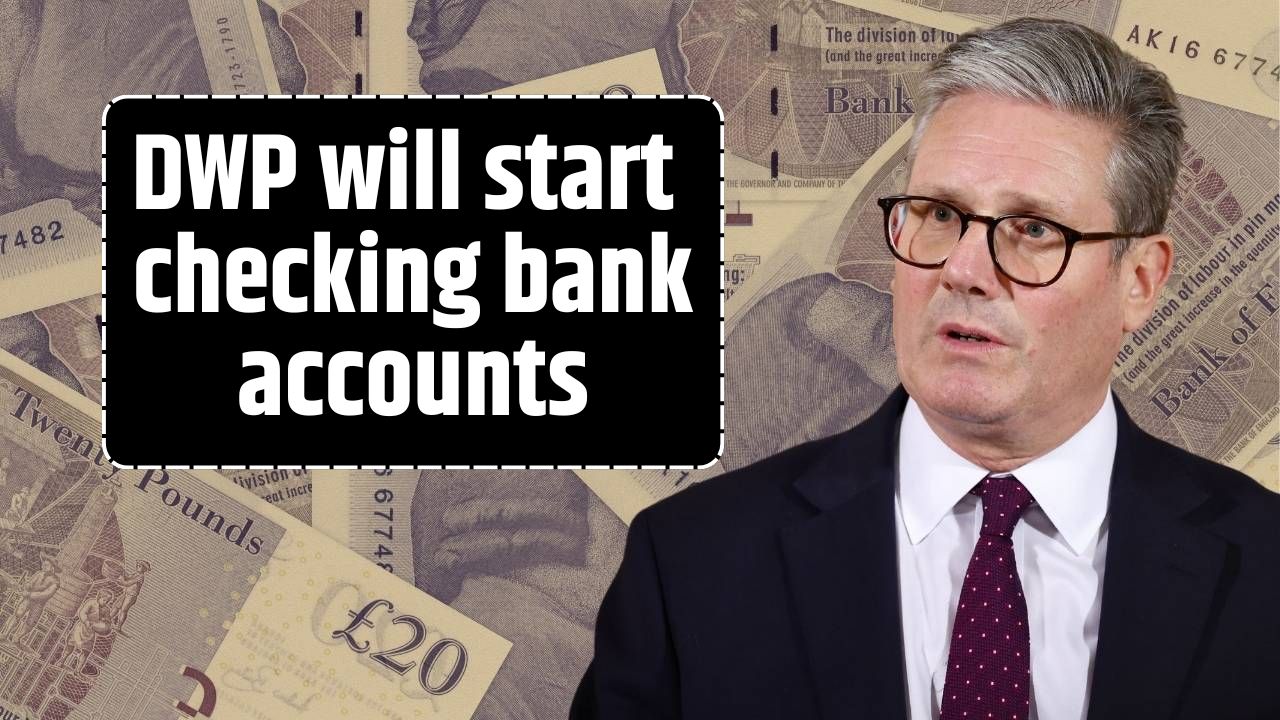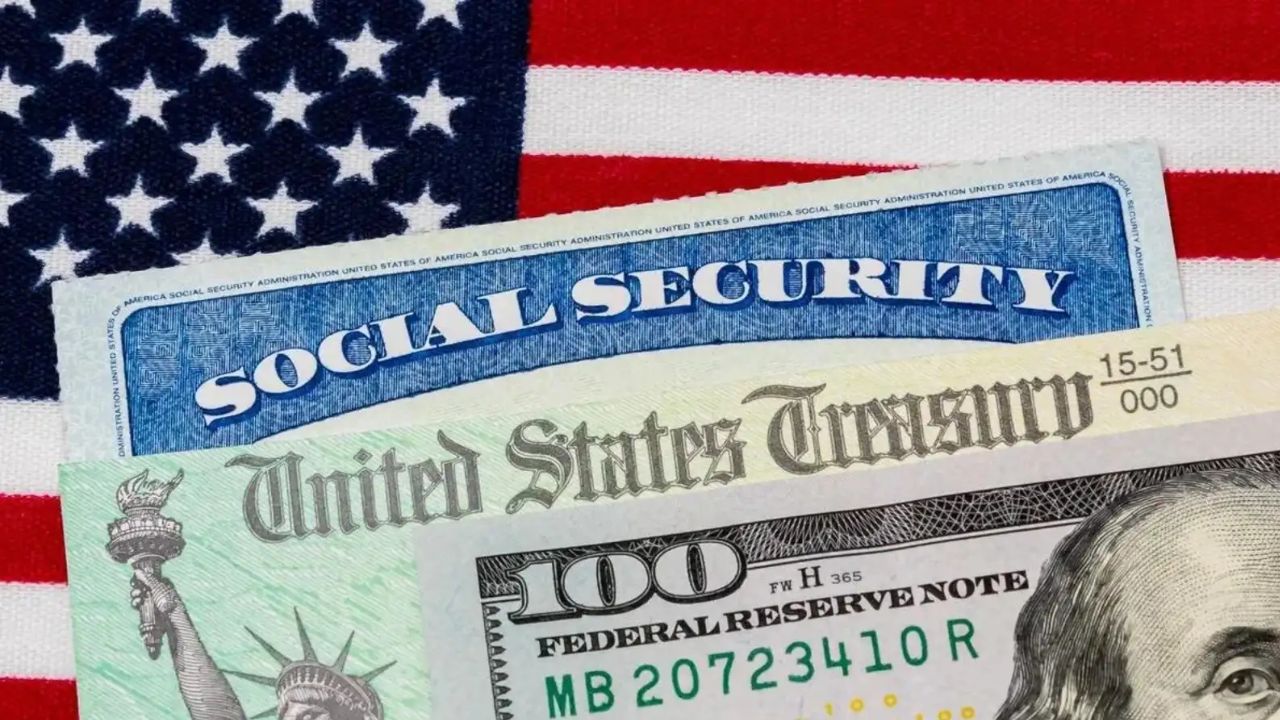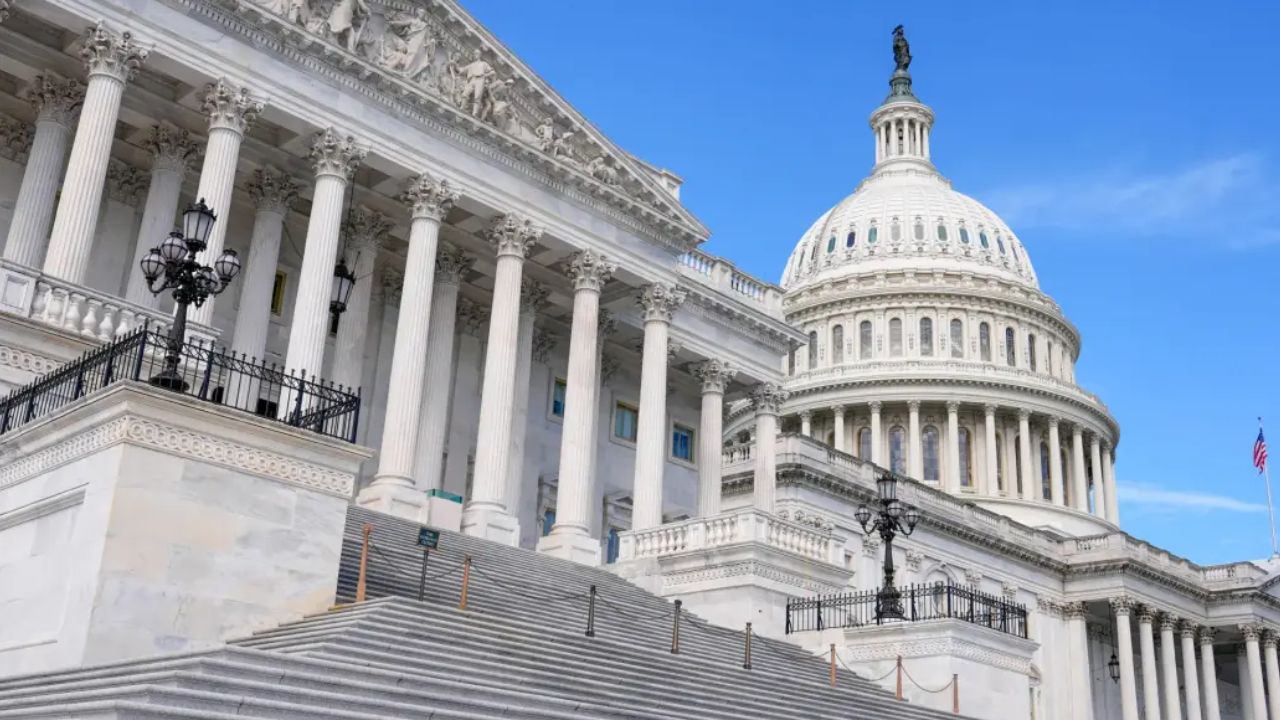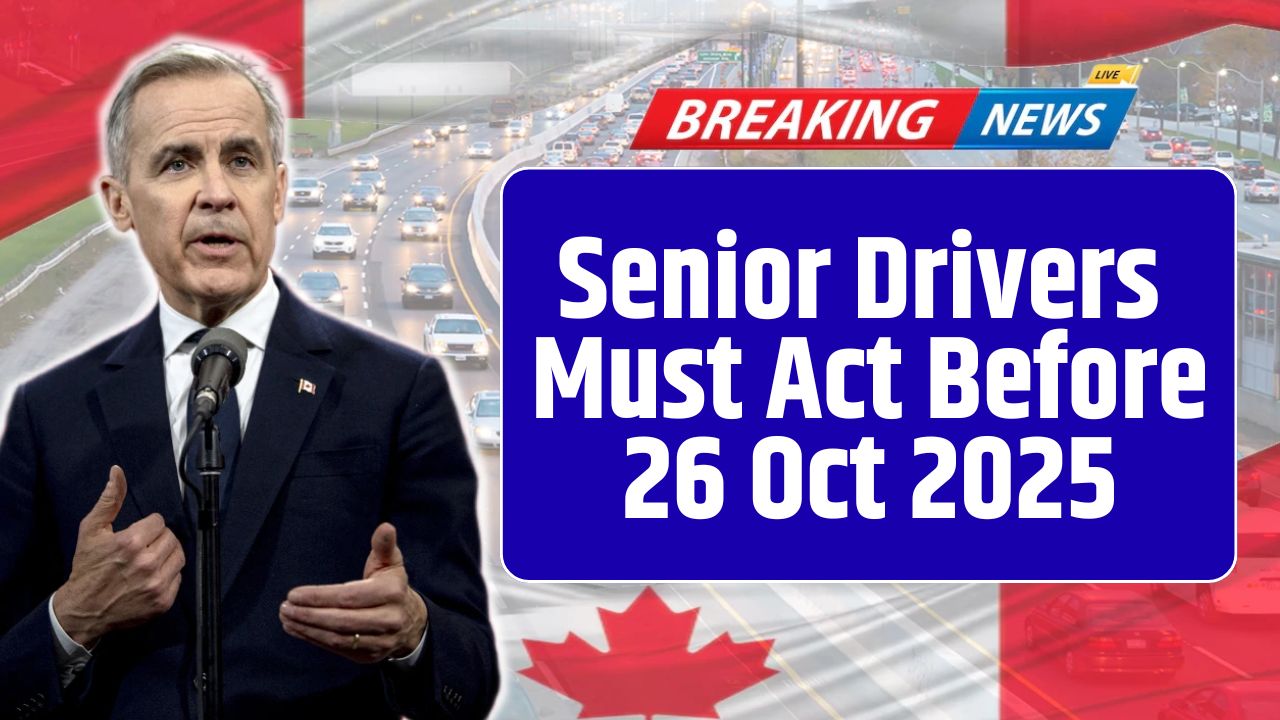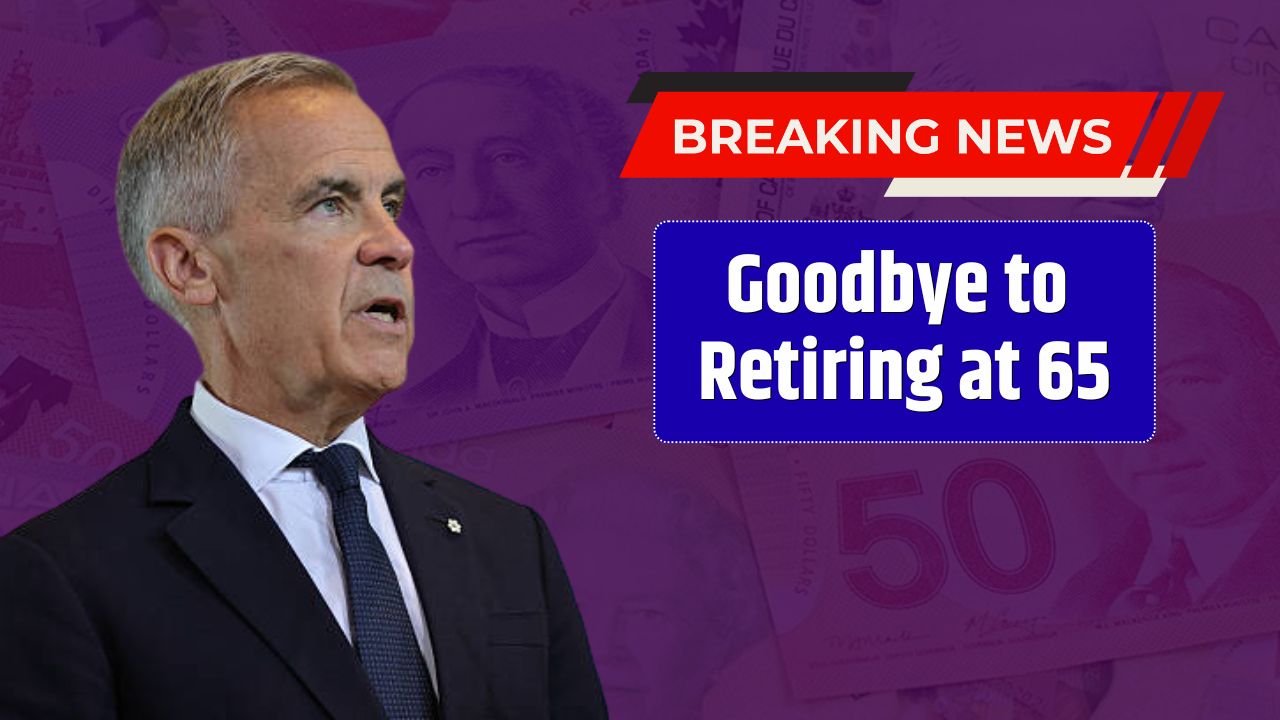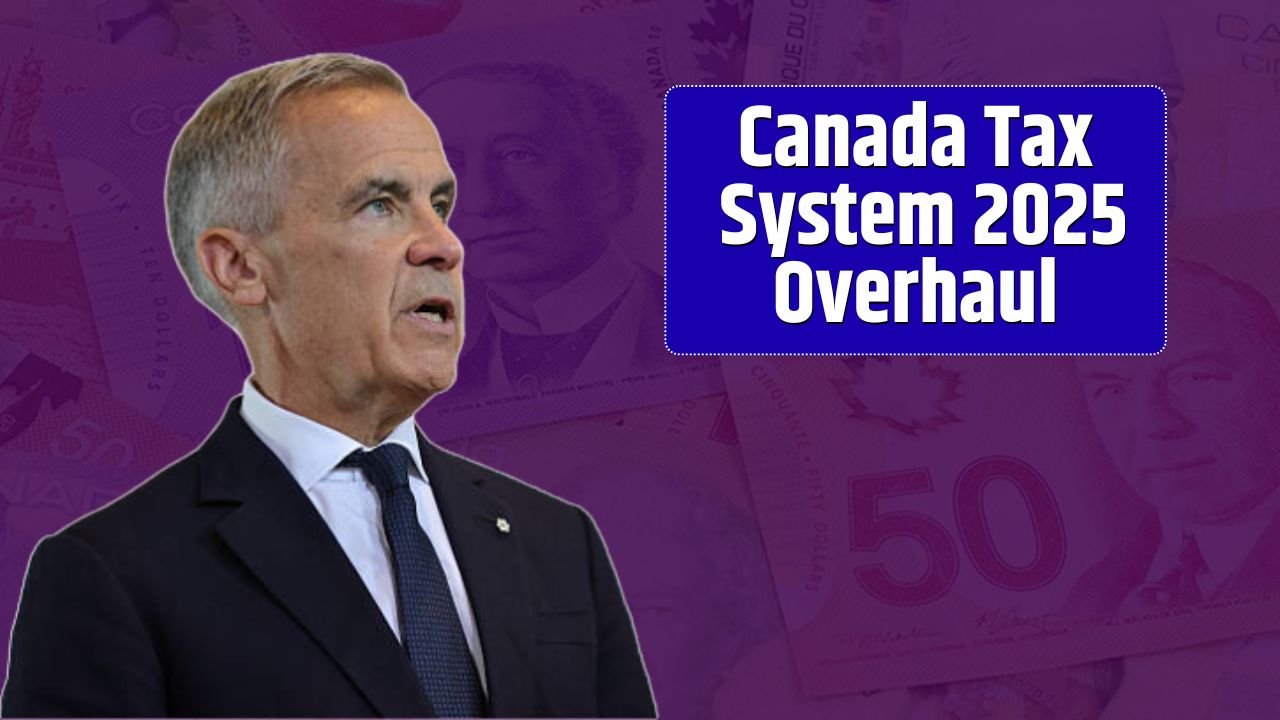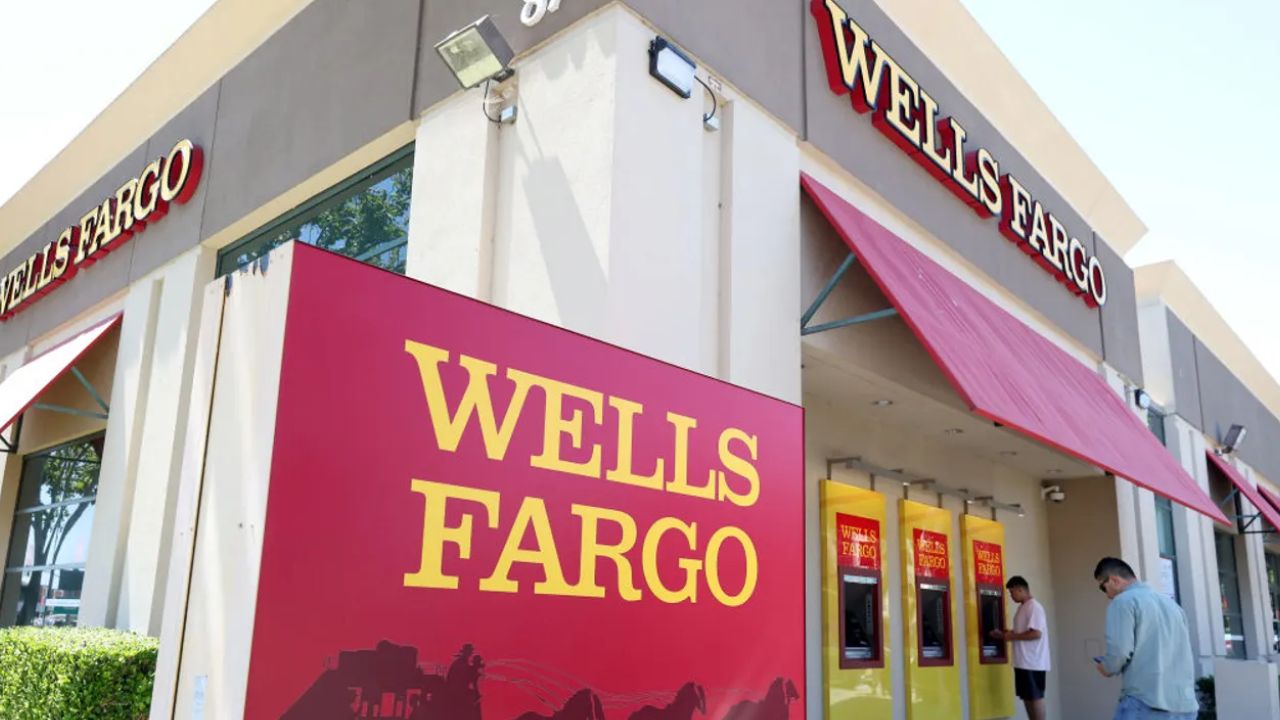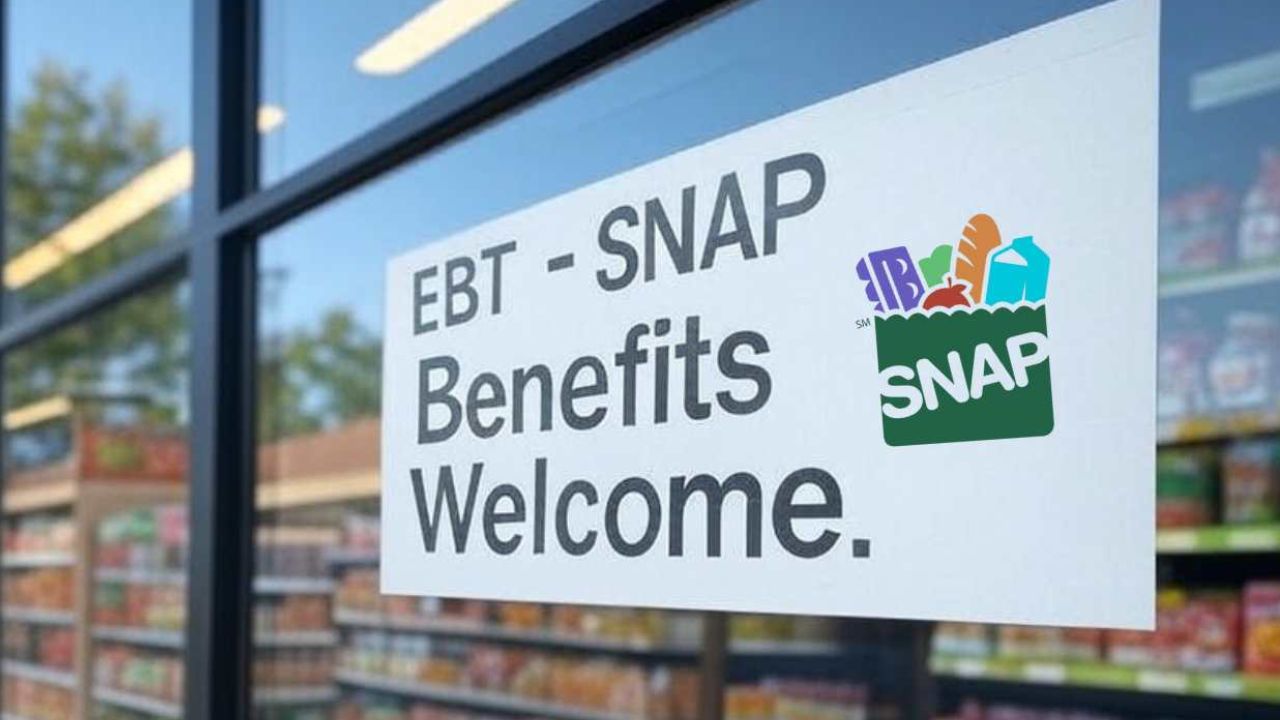The UK Government is gearing up to roll out one of its most controversial anti-fraud programmes in years — a Department for Work and Pensions (DWP) scheme that will allow officials to monitor millions of bank accounts from next April. The goal? Catch benefit cheats. The fear? Mass surveillance.
Under the Public Authorities (Fraud, Error and Recovery) Bill, banks will be required to scan accounts linked to welfare payments for suspicious activity, such as sudden spikes in balances or foreign transactions that might suggest benefit fraud. But critics say the policy reads more like a “snooper’s charter” than a fraud strategy — and it’s setting off alarm bells among privacy and civil rights groups.
The Government’s Case: “Protecting Public Money”
According to the Department for Work and Pensions, the new powers are designed to reduce fraud, error, and debt across the public sector, safeguarding taxpayer money and ensuring benefits go only to those eligible.
Ministers claim the DWP loses billions every year to fraud and mistakes — £8.3 billion in 2023–24 alone, according to official estimates. The Bill, they argue, could save the Treasury £1.5 billion over the next five years, money they say could be redirected into public services.
Work and Pensions Secretary Liz Kendall’s team insists the surveillance will be “proportionate and tightly controlled,” with banks sharing only relevant data, not individual transactions or personal details. They also stress that these checks will not assume guilt — accounts won’t be flagged unless specific markers of fraud appear.
A DWP spokesperson told reporters:
“These powers will be used appropriately and proportionately through robust new oversight and reporting rules. Staff will be trained to the highest standards, and all alerts will be reviewed by a person, not a computer.”
How It Will Work
The DWP’s initial focus will reportedly be on Universal Credit, Pension Credit, and Employment and Support Allowance (ESA) — three benefits that together support over 10 million claimants across the UK.
Here’s how the system is expected to function:
| Stage | Process | Purpose |
|---|---|---|
| 1. Data-sharing agreements | Banks provide access to account-level data linked to welfare payments | Identify patterns suggesting ineligibility |
| 2. Automated screening | Accounts are scanned for “risk indicators” such as overseas payments or large deposits | Detect potential fraud or error |
| 3. Human review | Any flagged accounts are assessed manually by DWP staff | Prevent wrongful action based on false positives |
| 4. Enforcement | DWP may issue penalties or pursue legal action in verified cases | Recover funds and deter abuse |
The Bill also gives the department powers to impose financial penalties without going to court, which ministers say will serve as a quicker deterrent against minor offences.
Critics Warn of “Suspicionless Surveillance”
Not everyone’s buying the government’s reassurance. Civil liberty and welfare groups are lining up in opposition — including Age UK, Disability Rights UK, Privacy International, and Big Brother Watch — all warning that the policy risks treating every claimant like a suspect.
In a joint letter to Liz Kendall, the organisations argued the Bill could trigger “a Horizon-style IT scandal” — referring to the infamous Post Office Horizon case that saw hundreds of innocent subpostmasters wrongly convicted due to faulty software.
“Pensioners, disabled people, and carers shouldn’t have to live in fear of the government prying into their finances,” the letter reads.
Privacy advocates also warn that algorithmic monitoring could amplify existing inequalities, with false positives disproportionately affecting vulnerable people who already struggle with DWP bureaucracy.
Silkie Carlo, Director of Big Brother Watch, called the proposal “one of the most intrusive financial surveillance laws in modern British history,” arguing that the “dragnet approach” could lead to innocent people being wrongly flagged or even cut off from benefits.
Political Divide and Next Steps
Despite the backlash, the Labour Government is pressing ahead. Ministers say tackling welfare fraud is essential for restoring public trust and fiscal balance — especially as the DWP faces mounting pressure to manage limited funds while demand for benefits rises.
The Bill will face detailed scrutiny in the House of Lords on October 15 and October 21, where amendments are expected. But unless Parliament blocks it, the DWP’s data-sharing regime will take effect from April 2026, following a pilot phase next year.
The government estimates that, once fully operational, the initiative could help contribute to the Treasury’s broader plan to save £9.6 billion by 2030, part of fiscal reforms announced in the Budget and Spring Statement.
What’s Really at Stake
At its core, the debate isn’t about whether fraud should be punished — everyone agrees it should. The question is how much privacy ordinary citizens must give up in the name of efficiency.
With around 22 million people receiving some form of benefit in the UK, the scale of the programme could make it one of the largest government data operations ever undertaken.
Supporters call it modernization; critics call it surveillance creep. Either way, the line between security and privacy is about to get blurrier — and pensioners, carers, and low-income workers could be the first to feel it.
FAQs:
What is the purpose of the Public Authorities (Fraud, Error and Recovery) Bill?
To give public bodies, including the DWP, powers to identify and recover public funds lost to fraud and error.
Which benefits are affected by the new monitoring powers?
Universal Credit, Pension Credit, and Employment and Support Allowance (ESA) are the initial focus.
Will the government see all my bank transactions?
No. Banks will share limited data relevant to fraud detection, not full transaction histories.
